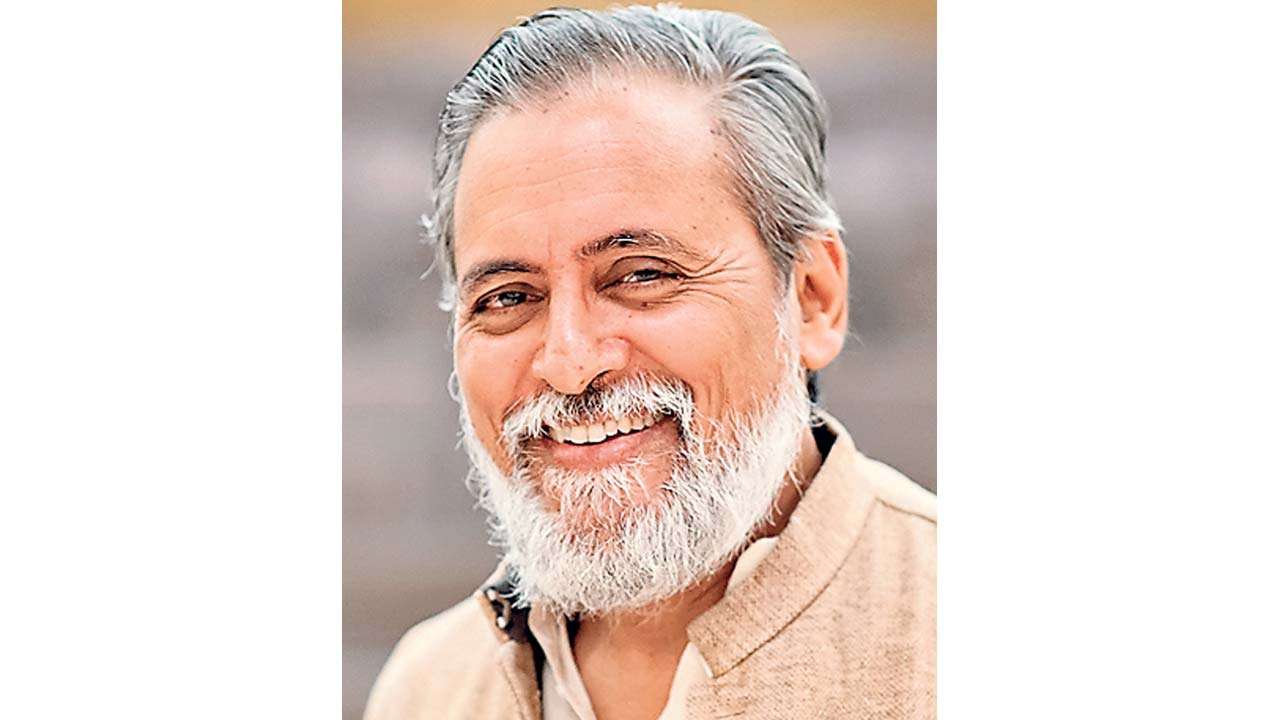
Sri Lankan tragedy brings into sharp focus why dialogue on peace e and non-violence must never be muted. The Union government and numerous organizations are celebrating 150 years of Gandhi. At the same time, there is huge propaganda going on in the south-Asian region (and many other parts of the world) that the Gandhian project of non-violence and peace is a utopia whose time is over.
Many people forget that one of the issue which was debated when choice was between freedom at any cost, by any means and freedom through non-violence (something even Nelson Mandela refers to in his biography), the consequence of each was also thought through.
Russian experience had shown that when power was sought through barrel of the gun (as Maoists claimed), or through coercion rather than persuasion, instruments of coercion were first used against weak, and the poor. Look at the various violent protests in different parts of the world, who often dies in the violence and counter-violence-the subaltern youth and poor children.
The elite which preaches violence does not often send its own kith and kin to participate in the protests.
How do we bring focus on peace and amity in the light of fast spreading virus of labelling and stigmatising whole communities because of the acts of a few? Does it matter that those who were caught for adulterating food or spices with toxic colours or plastic rice leading to disease and death belong to one or the other religion? They are acting against the interest of humanity and the nation? Acts of a few irresponsible traders or manufacturers can not be used to blame the whole community or profession.
Likewise, a few extremists on the left or right may cause violence in church, temple or mosques, or gurudwara, should entire communities be held responsible? Have not we seen the consequence of such vain and meaningless arguments in the past? Sri lanka, Mynamar, and many other regions suffered because of sectarian, religious or social conflicts.
When Tigers were fighting both Sri Lankan forces and also Indian peace keeping forces, did it mater what religion did they profess? Similarly, the religious identity of violent Naxalites makes no difference to their vain attempt to bring about change in social order through violent means.
In many regions, the rich might buy peace and in the process fund these extremists. It may not be nice to speak about this subterranean fact or factoid, depending upon whose interests one wishes to serve. The time has come to have a national dialogue on the subject and have a consensus on not using sectarian conflicts to stigmatize the whole communities.
The prayers for the well being of all the living beings, not just human beings define the faith in which I am born. I am quite proud of it. My prayers will not be accepted, so to say, if I wanted God (whatever notion one may have of a superordinate force binding all the animate and inanimate forces in the cosmos) to be merciful only on the followers of Ram or Krishna, Shiva or any other holy figure.
I must pray for all living beings, Sarve Bhavantu sukhinah…
Can we go to the roots of most basic humanitarian beliefs in each religion and invoke them to bring peace, forgiveness, solidarity and social amity. Who loses jobs when life is disrupted, the daily wage worker! Let us remember that the poorest need peace most and yet they are mobilized to participate in the violent acts often around the world, exceptions apart.
Gandhi at 150 needs to be not just venerated, but also practiced. Let us try together…
The author is founder of Honey Bee Network & visiting faculty at IIM-A